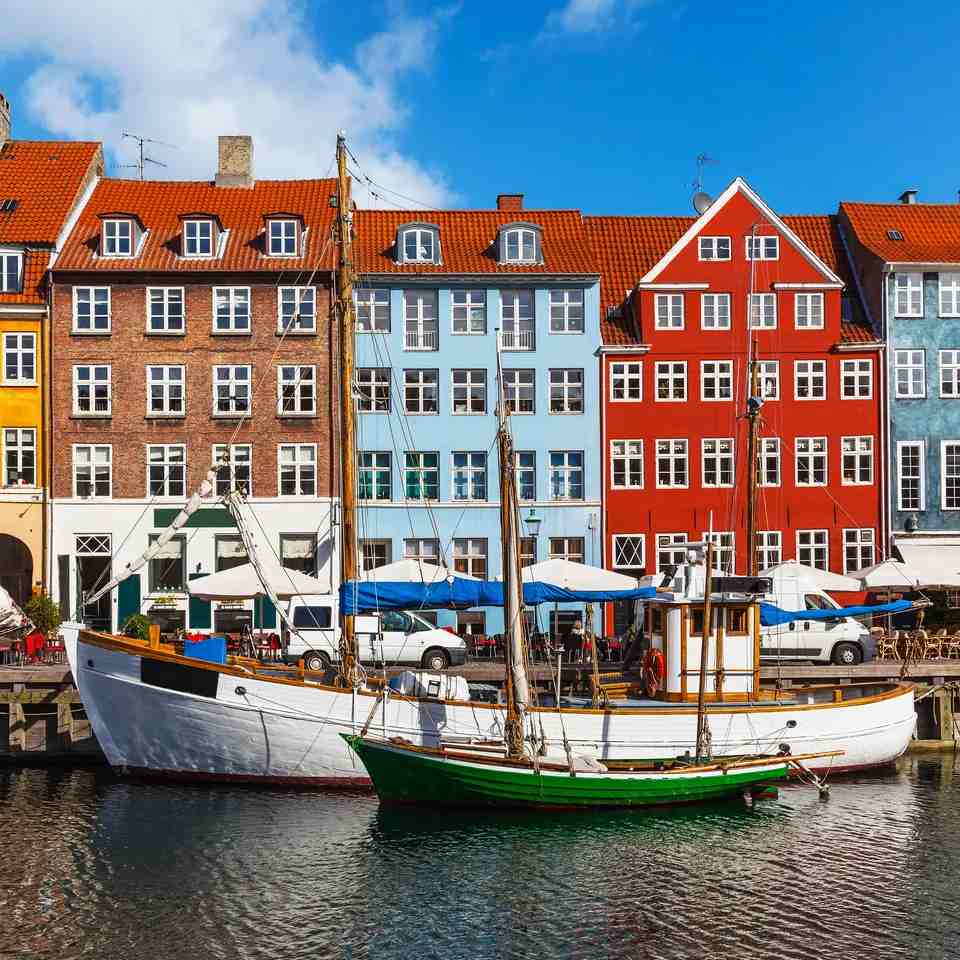Study in Europe

Why Study in Europe
Europe is a Popular study abroad Destination, Europe is the second smallest of the world’s continents, composed of the westward-projecting peninsulas of Eurasia (the great landmass that it shares with Asia) and occupying nearly one-fifteenth of the world’s total land area. It is bordered on the north by the Arctic Ocean, on the west by the Atlantic Ocean, and on the south (west to east) by the Mediterranean Sea, the Black Sea, the Kuma-Manych Depression, and the Caspian Sea. The continent’s eastern boundary (north to south) runs along the Ural Mountains and then roughly southwest along the Emba (Zhem) River, terminating at the northern Caspian coast.
ADVANTAGES OF STUDY IN EUROPE
- Advantage to Study Masters with No Tuition fees and Low tuition fees
- Easy Visa process
- Programs Leads to PR
- Programs with Internship opportunities
- Easy Settlement option
- Admissions with and without IELTS
- Access to travel 25 Schengen countries in one Visa.
- Tuition fees can be paid after visa for few countries
- Courses available in all segments
Admission Criteria For Study in Europe
The candidates must meet up with the eligibility criteria adequately for getting admission here. Few colleges of Europe may ask the students for the entrance exam for studying preferred subjects. Though there are some other universities that do not ask for a language tests, an entrance examination.
1. Minimum 50% in 10th and 12th Standard for Bachelors Program
2. Minimum 50% in Degree for Masters Program
3. IELTS with 5.5 and above
4. IELTS waver possible if Medium of instruction is in English and have good language skills evaluated in Skype interview session before admission and 60% above in 10th and 12th English
5. German Language A1 to B2 level if want to study in Germany


Admission process to study in Europe
- Research universities and programs: Start by researching universities and programs that match your interests and goals.
- Meet eligibility requirements: Ensure that you meet the eligibility requirements, which may include language proficiency, academic credentials, and other criteria.
- Submit application materials: Submit the required application materials, such as transcripts, letters of recommendation, essays, and language proficiency test scores.
- Receive admission decision: Once your application is reviewed, you will receive an admission decision from the university.
- Apply for a student visa: If you are accepted, you will need to apply for a student visa. The visa process varies by country, but typically requires proof of financial support, health insurance, and other documentation.
- Plan for arrival: Plan for your arrival, including travel arrangements, housing, and other logistics.
Cost of Study Programs in Europe
|
Program
|
University
|
Estimated Cost (Per Year)
|
|---|---|---|
|
Engineering
|
Technical University of Munich
|
€1,500 - €2,000
|
|
Business
|
HEC Paris
|
€20,000 - €30,000
|
|
Medicine
|
University of Oxford
|
£22,515 (EU) / £40,295 (Non-EU)
|
|
Computer Science
|
ETH Zurich
|
CHF 1,200 - CHF 1,500
|
|
Arts & Humanities
|
University of Amsterdam
|
€1,084 - €4,168
|
|
Social Sciences
|
Sciences Po
|
€10,150 - €14,700
|
Popular Course to Study in Europe
- Architecture
- Culinary Arts
- Data Science
- Engineering
- Finance
- Foreign Languages
- International Relations
- Marketing
- Master of Business Administration
- Medicine
- Natural Sciences
Job Opportunities and Salary in Europe for post study students
|
Industry
|
Job Title
|
Average Salary (Per Year)
|
|---|---|---|
|
Information Technology
|
Software Developer
|
€45,000 - €65,000
|
|
Engineering
|
Mechanical Engineer
|
€40,000 - €60,000
|
|
Finance
|
Financial Analyst
|
€40,000 - €60,000
|
|
Marketing
|
Marketing Manager
|
€45,000 - €70,000
|
|
Healthcare
|
Nurse Practitioner
|
€30,000 - €50,000
|
|
Education
|
English Teacher
|
€20,000 - €35,000
|


Study in Azerbaijan
Show Details
Study in Canada
Show Details
Study in Australia
Show Details
Study in Ireland
Show Details
Study in NewZealand
Show Details









